Economy
Explore ͯ����Ƶ's research.

Across 25 countries hit hardest by the financial crash in 2008, trust in banks finally recovered to precrisis levels in 2025.
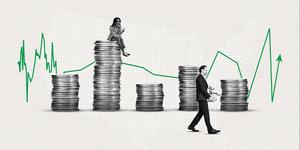
More Americans expect positive than negative momentum in the stock market, overall economic growth and interest rates, but their outlook for unemployment and inflation is negative.

Worldwide, economic issues dominate people's views of their country's most important problem.
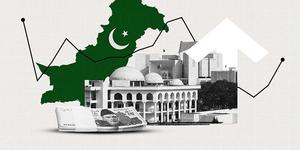
ͯ����Ƶ data from Pakistan show cautious improvements in people's perceptions of the economy, leadership, corruption and wellbeing.
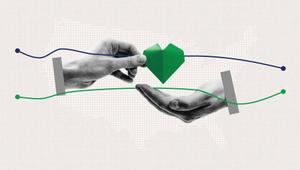
Americans remain widely engaged in charity, with volunteering rising and participation increasingly centered on nonreligious rather than religious organizations.

Venezuela experienced some of the highest levels of financial insecurity in Latin America last year, as well as widespread disapproval of leadership and distrust in elections.
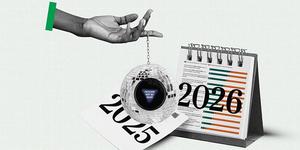
Americans expect a difficult 2026, expressing pessimism about most economic, political and global matters — with the stock market a notable exception.
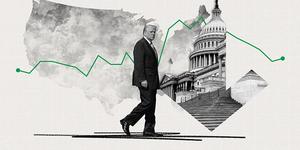
Americans usher out 2025 with low approval of their leaders, worsening economic views, and sharp partisan divides after the shutdown.

French confidence in national institutions collapsed in 2025 amid a year of political upheaval.
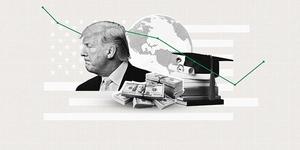
Americans haven't changed their minds about President Trump or the economy over the past month, with ratings of both holding at less-than-optimal levels.

Americans' economic confidence has fallen to its lowest level in over a year, accompanied by a historic drop in planned holiday spending.

South Africa will host world leaders at the first G20 summit in Africa as it contends with its own leadership challenges at home.

Purpose drives employee engagement and retention, but most workplaces undervalue it, and many U.S. employees say their jobs fall short of providing purpose.

Americans expect to spend an average of $1,007 on holiday gifts this year, nearly identical to their estimate at the same point in 2024.
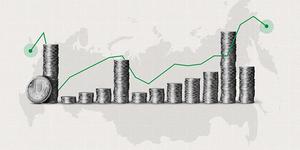
ͯ����Ƶ data show that Russians feel more positive about their economy than they did before the Ukraine invasion, but strain is beginning to appear.
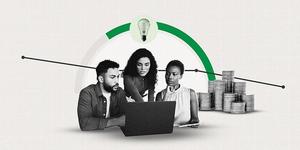
Sixty-nine percent of U.S. adults say it is extremely or somewhat important for businesses to promote DEI, the lowest level since tracking began in 2022.

One in four U.S. workers lack advancement or mentorship, limiting job satisfaction and growth opportunities.
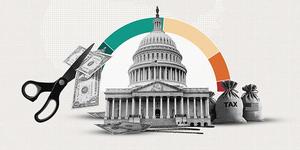
Americans favor spending cuts over tax hikes to reduce the deficit, although a majority of U.S. adults support taxing the wealthy to raise revenue.
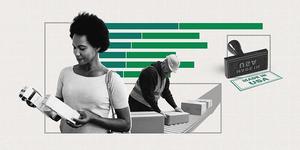
About four in 10 Americans are consistently aware of where the products they buy are made.
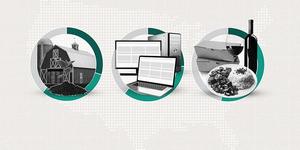
Farming and the computer and restaurant industries are the top-rated of 25 U.S. sectors, while the federal government ranks last.